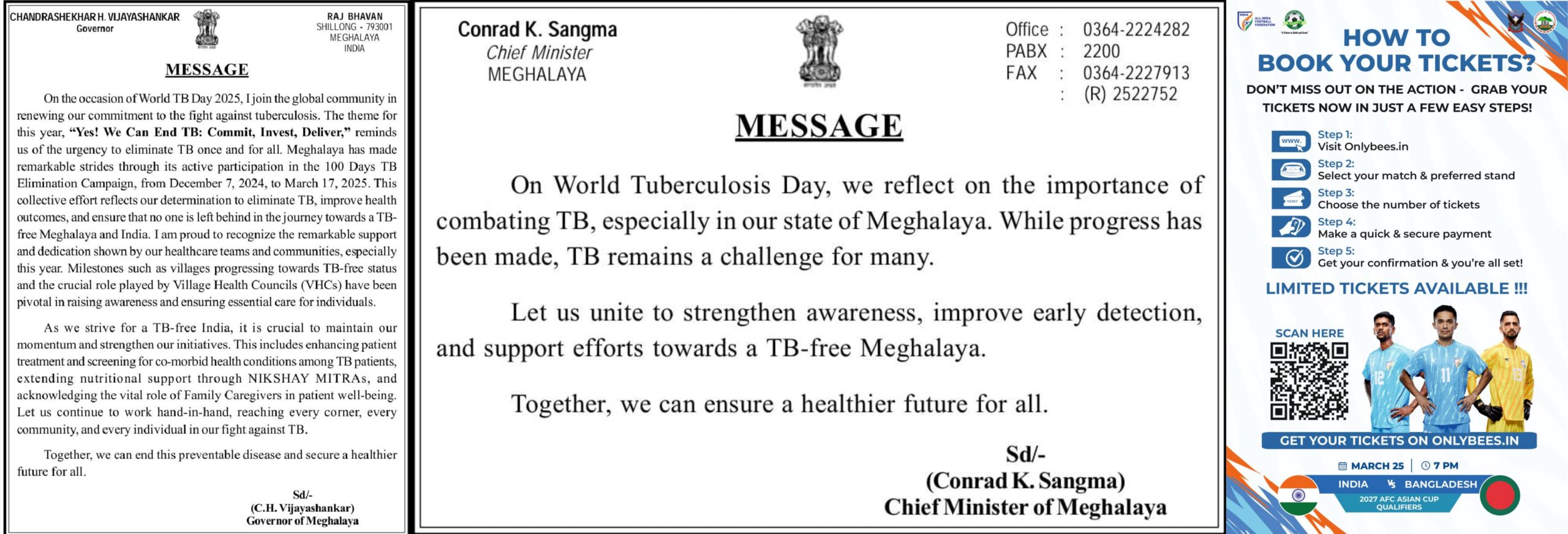A large section of the population in the country has limited access to healthcare, Meghalaya became the first state in the country to use drone technology to supply life-saving drugs. Launched in December 2022, the drone service in Meghalaya has so far completed 154 flights and covered 5734 kilometres of aerial distance to reach out to remote, mountainous and far-flung areas to save time and costs.
At present the state Government has selected 11 remote and isolated health centres. However, this service will expand to 25 difficult-to-reach public health facilities across the state.
Health Minister Ampareen Lyngdoh said, Drones, also known as unmanned aircraft vehicles, can fly long distances over difficult terrains to deliver medication, vaccines, blood and other samples, and diagnostic kits.
“There are 11 such sites that have already been marked for drone services in the state and by September-October, we expect we will be able to transport upto 25 kgs of materials,” Lyngdoh told reporters in Shillong.
Meghalaya will soon begin utilising larger drones to deliver up to 25 kgs of materials and drugs.
“We are sending the medicine, vaccine, sometimes even supplies, consumable, we are sending them through the drones diagnostic samples. This is a very important breakthrough as in a difficult state like Meghalaya where we have all kinds of breakage in the communication system,” the Health Minister said.
The health facilities which have been activated for drone delivery to date include Pedaldoba PHC, Mendipathar PHC, Nongalbibra PHC, Samanda PHC, Shallang PHC, Asanang PHC, Dadenggre CHC, Gabil PHC, Manikganj PHC, Sualmeri PHC, and Songsak PHC.
The drone station is located at Jengjal Sub-Divisional Hospital in the West Garo Hills district.
Lyngdoh said this is a very innovative practice by the state to make sure essential drugs are delivered to distant places that are otherwise difficult to reach by road and other traditional modes.
“Several states are now conducting pilots, but Meghalaya has a full-fledged drone station in Jengjal and drones can deliver a maximum of five kgs of essential drugs and medicines to places particularly CHCs/PHCs which are difficult to reach by road,” she added.
The Minister further said, “We are not only sending medicines but we are also conducting tests. So if there are patients who need certain tests to be done, blood samples and others can be sent on the drones for testing to ensure that citizens who are marooned because of poor connectivity will be able to have access to testing.”
Lyngdoh further said the State Government wants to ensure that this system becomes full proof and completely tested because there is an attempt to increase the efficiency of delivery of drugs to these far flung areas.
Lyngdoh, who is also looking after the Department of Agriculture & Farmers’ Welfare, further informed that the government is also planning to replicate the service for agricultural produce and products.
“If this works in the health services, we can also replicate it for agricultural produce and products. Therefore, we are now expanding the system,” she stated.
According to her, the government is looking forward to increasing the facilities under the drone service, which is being run by an agency called Tech Eagle.
Talking about the health care facilities, the state has 460 Sub Centres-Health and Wellness Centres (Catering to an average of 3000 populace). Apart from that there are 151 Primary and Community Health Centres (Catering to an average of 10,000 to 30,000 populace) and 16 District Level Hospitals.


